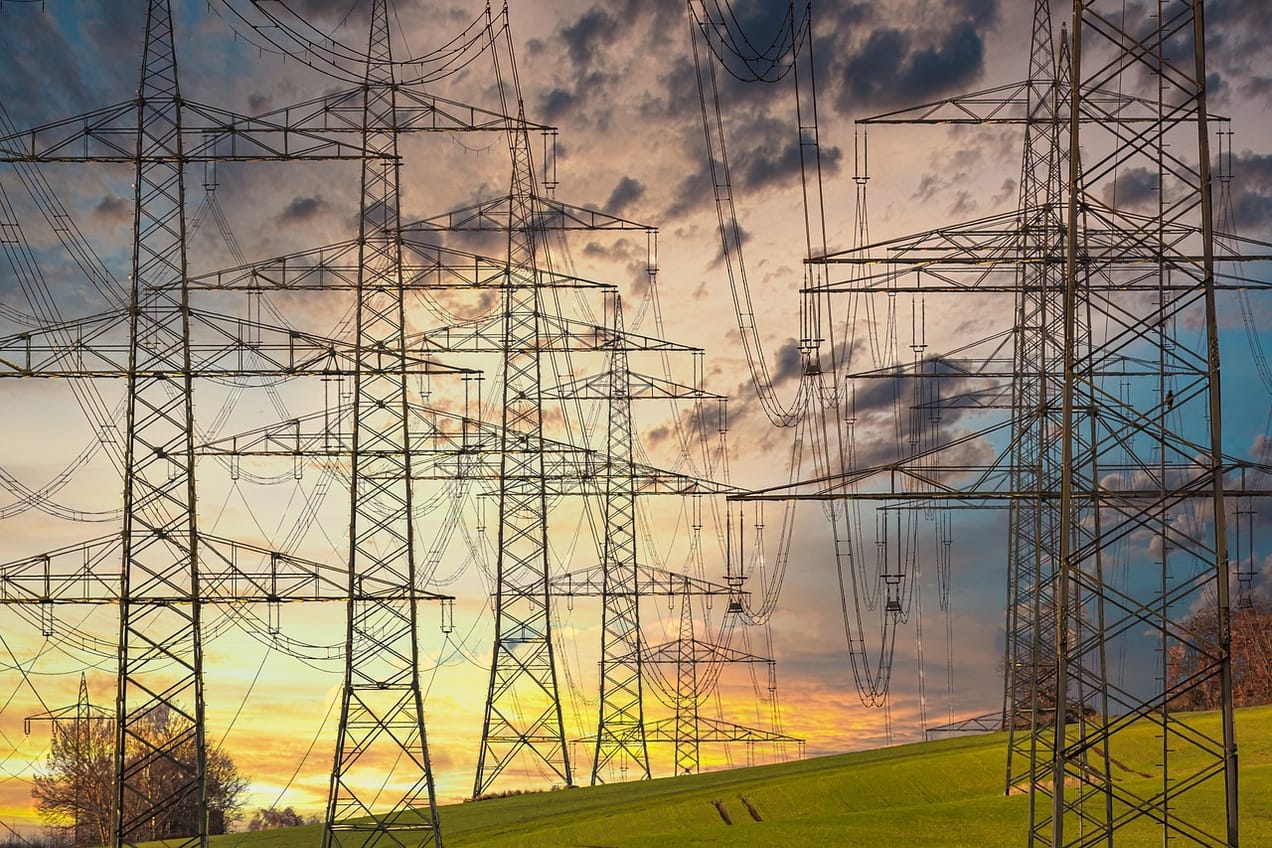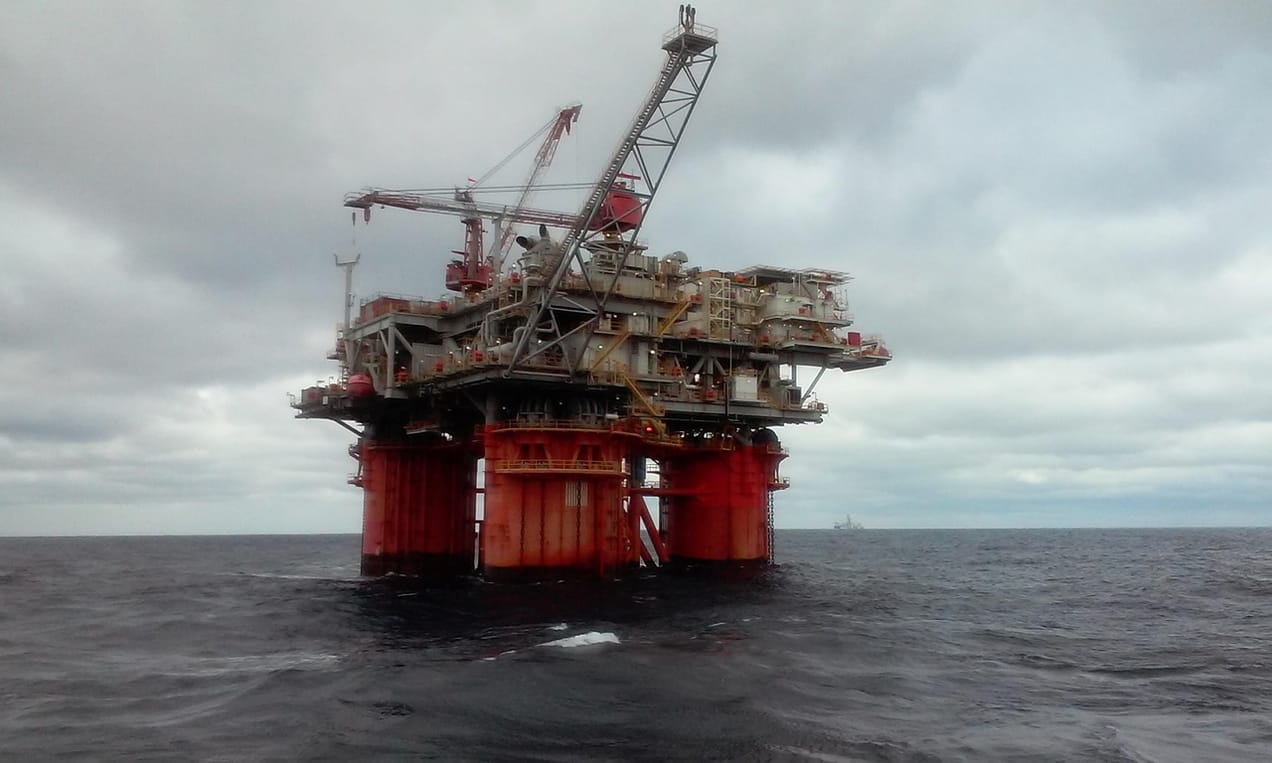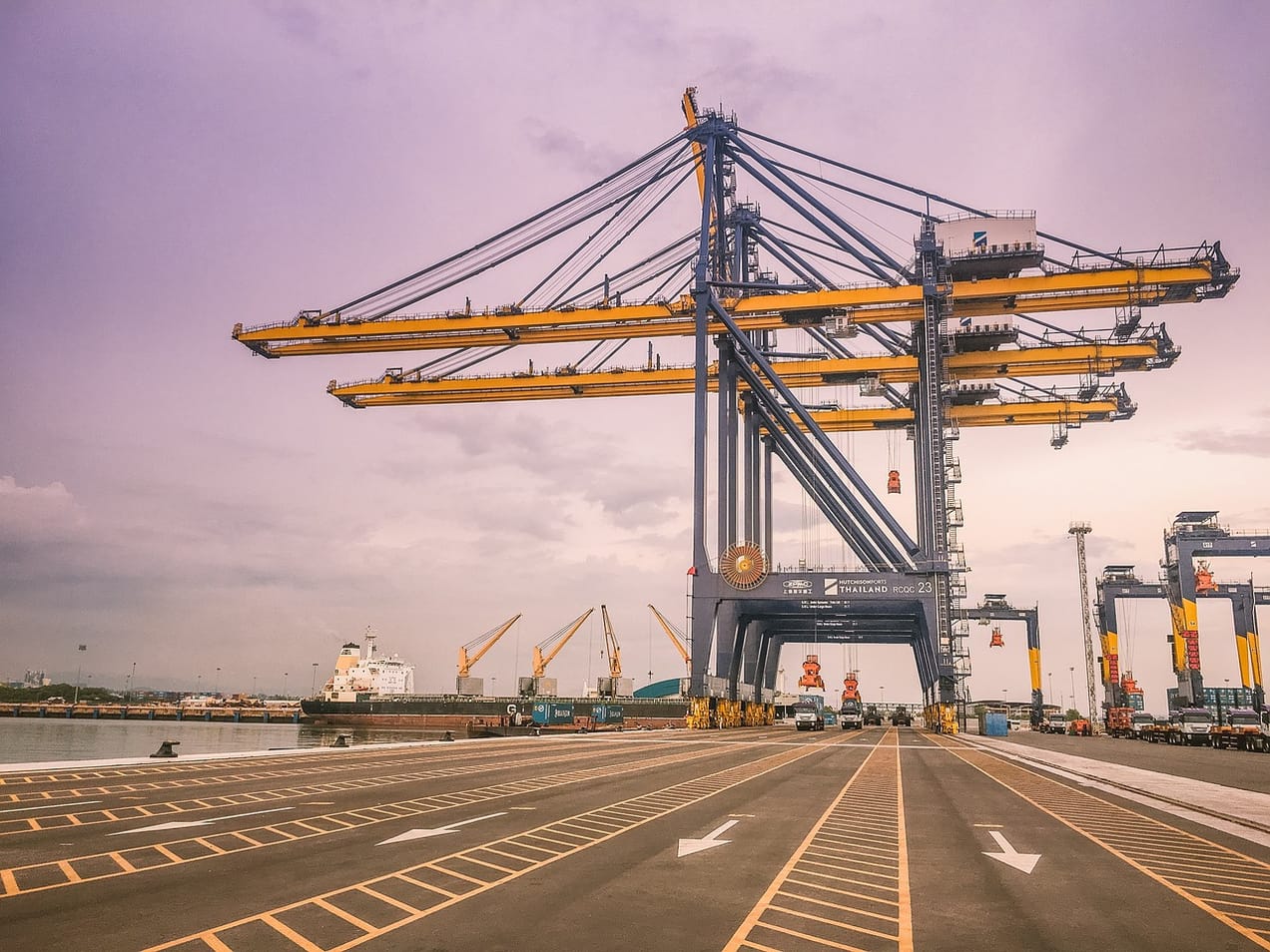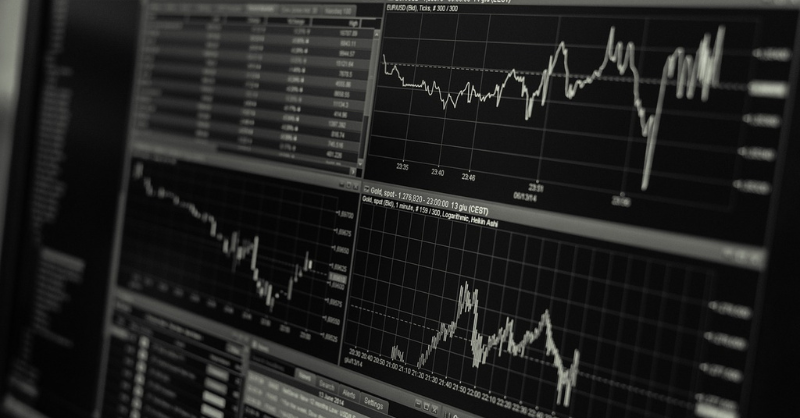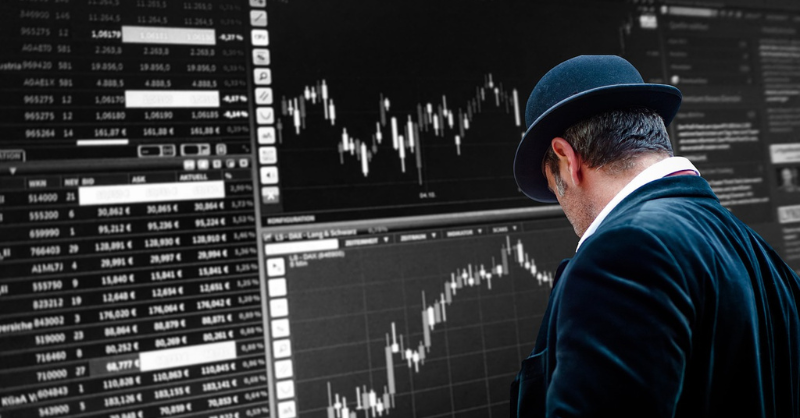Sunday Brunch
The key issues for practitioners trying to advance sustainable investment
Sunday Brunch: where should we focus - electricity utilities ?
Dr Ellen Quigley argues investors can make the 'most' difference in our efforts to reduce GHG emissions by focusing on the utility sector. This was one of the many really interesting points to emerge from a recent interview she gave with with Tom Gosling - it's well worth watching.
Sunday Brunch: energy security is not the same for all countries
The shift to renewables is not just about cost or emissions. One argument used to support the shift is energy security - reducing reliance on imported fossil fuels. It's broadly correct. But it should be used with care, it doesn't apply to all countries.
Sunday Brunch: tariffs and the read across for sustainability
How the financial markets have reacted to the current tariff 'war' gives us some useful insights into how the sustainability transitions might play out. Of the three main alternative scenarios we suggest only one will deliver progress. The other two would lead to negative outcomes.
Sunday Brunch: valuation and sustainability are about the future - but the overlap is not perfect
Companies (and many of their shareholders) respond best to issues that impact their long term profitability. Sustainability issues are often strategic issues for companies, with clear valuation creation implications. But not all sustainability issues have financial implications.
Sunday Brunch: what is important for food producers
The key issues for food companies - healthier diets and climate resilient supply changes. Do you really understand where the food companies you are invested in, or involved with, stand on these key issues.
Sunday Brunch: our future forecasts don't need to be precise...
As an investor I would rather be roughly correct than precisely wrong. Or more strictly I would rather be broadly right about the two or three things that really matter to a company, even if it meant that I got everything else wrong.
Sunday Brunch: good companies vs good investments
A bad company does not always make a bad investment. If we want to persuade investors that a low sustainability company is too risky, we need to understand the difference between price & value.
Sunday Brunch: do politicians lead or follow?
Most politicians follow not lead. And so we need to think less about our message, and more about if our proposal speaks to the values and aspirations of the wider population.
Sunday Brunch: why do we have equity markets?
Financial markets exist to provide liquidity, and to enable companies to raise new financial capital. Or do they? Are they more a mechanism to generate financial returns. If so, what might this mean for sustainability.
Sunday Brunch: investment, buybacks, and CEO tenure
If a CEO knows they might not be in the job for long, they might focus on short term wins over long term value creation. As shareholders we need to be vocal in our support of good investment, even if it has a long payback.
Sunday Brunch: profits, buybacks and sustainability
High levels of share buybacks are often quoted as evidence that companies can afford sustainability investments. But the link is poor and better measures, such as profit margins and ROIC are available.
Sunday Brunch: proxy voting should be part of engagement and value creation.
Proxy voting can be made better. This is important for all investors. Two foundations should be, better linking voting outcomes to long term value creation, and making proxy voting an integral part of the corporate engagement process.
